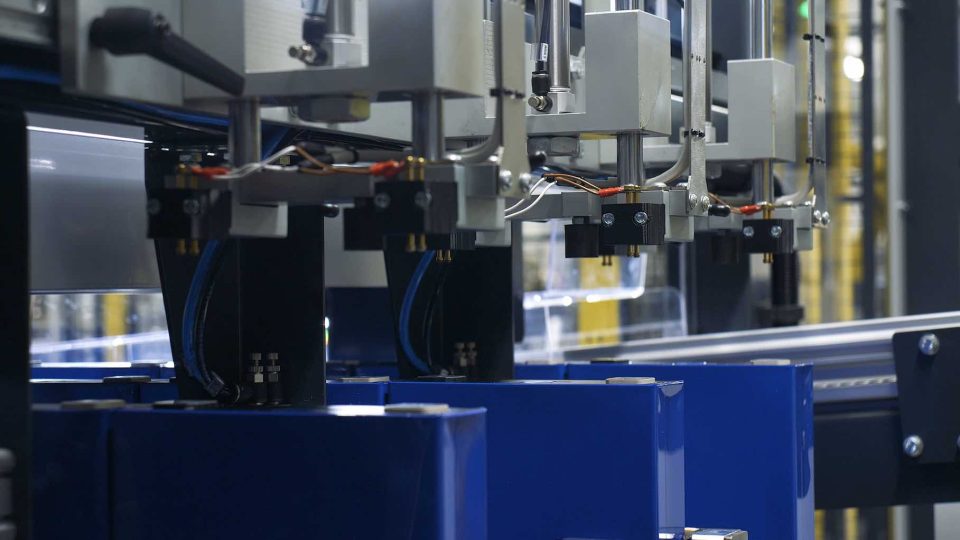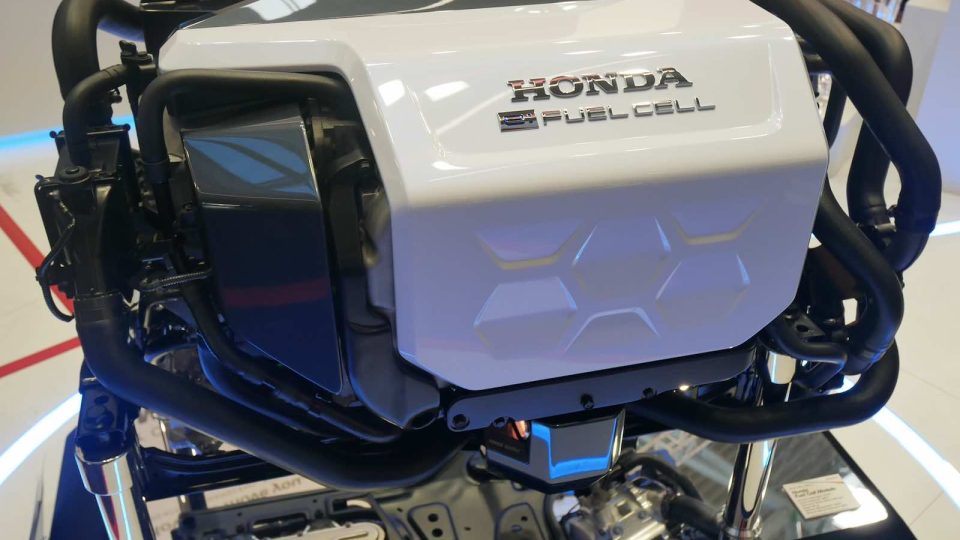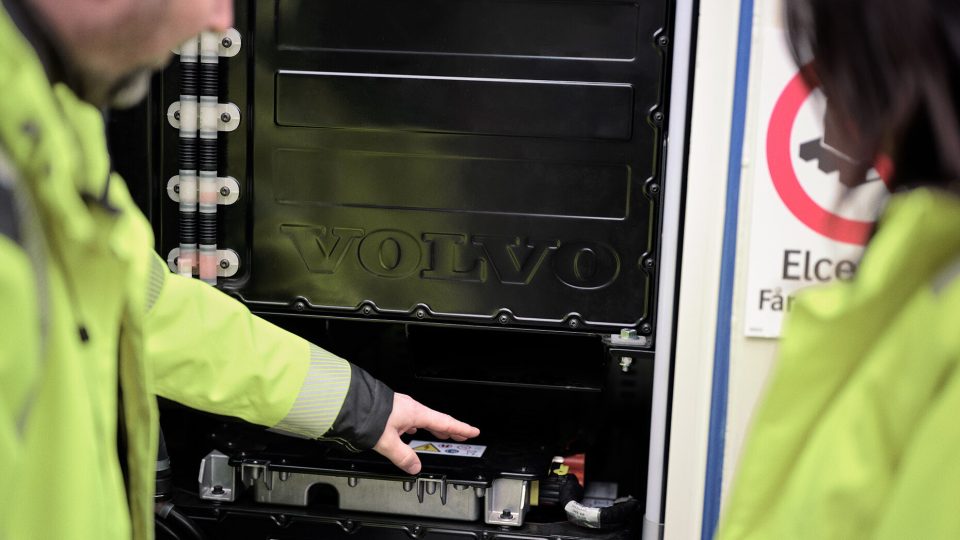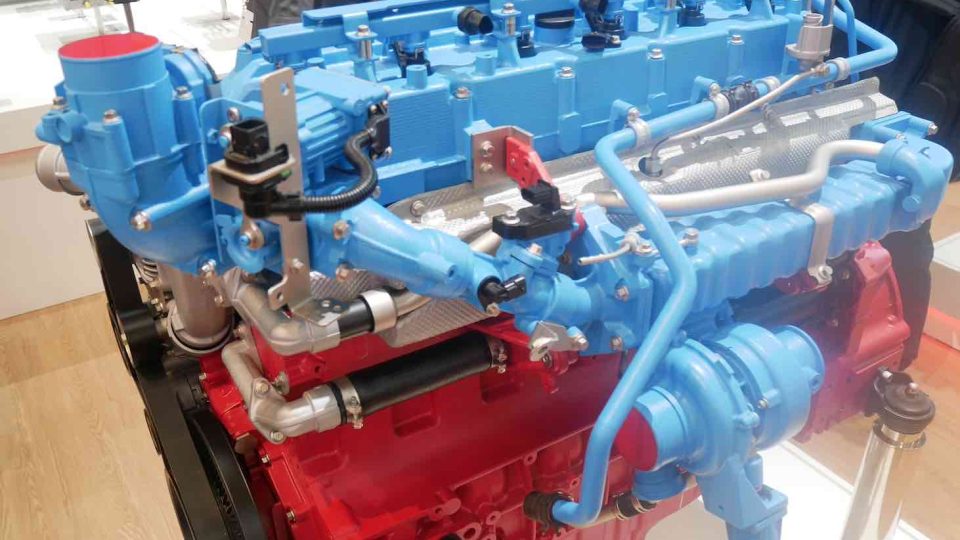MES Expo, thoughts and projects for e-mobility
The future of mobility. Such an ambitious issue, quite urgent at the same time, is the one faced during MES Expo(the acronym stands for Mobility Electronics Suppliers), held from 5 to 7 November on the Berlin Exhibition Grounds. ABOUT CLEANER ENERGY SOURCES: EXPO BIOGAZ 2019 MES Expo is a trade fair thought for suppliers of […]
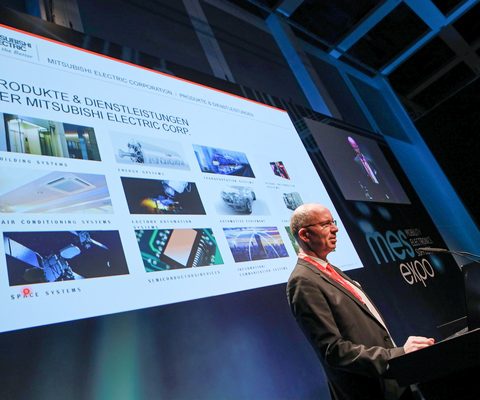
The future of mobility. Such an ambitious issue, quite urgent at the same time, is the one faced during MES Expo(the acronym stands for Mobility Electronics Suppliers), held from 5 to 7 November on the Berlin Exhibition Grounds.
ABOUT CLEANER ENERGY SOURCES: EXPO BIOGAZ 2019
MES Expo is a trade fair thought for suppliers of electronics to the mobility sector and provides rail, utility vehicle and automotive companieswith a new platform that focuses on multiple modes of transport and offers them an opportunity for an interdisciplinary exchange of views. MES Expo targets trade visitors representing vehicle manufacturers, transport companies, transport technology manufacturers and suppliers, as well as policymakers, scientists and researchers.

Eco-friendly recycling: hybrid diesel locomotives
Of course, electrification and the relationship between electric engines and traditional one has been quite a hot topic during the event. Especially when it comes to trains. Kiepe Electric, a subsidiary of Knorr-Bremse, has developed an intermediate technology that could be put to immediate use: retrofitting diesel locomotives with additional batteries reduces CO2 emissions and almost one-third of operational energy requirements.
The answer is a fully hybrid diesel train that runs on synthetic fuels. Whenever possible it operates electrically via overhead contact lines. If a railway line is not electrified then the train is battery-driven, and diesel power remains available as a fallback.
OUR ANTICIPATIONS OF MES EXPO 2019
At MES Expo, the way to combine three power sources
Ideally, via a ‘power to liquids’ process, synthetic fuels were produced using renewable energy sources. The efficiency factor was between 60 and 80 per cent and production could take place locally.
Basically, the most efficient method of operating a train was electrically via overhead lines, whose efficiency factor exceeded 80 per cent. Battery power achieved 73 per cent, and synthetic fuels 23 per cent (production included). By comparison, fuel cells had an efficiency factor of 15 per cent.

By combining three power sources– overhead lines, battery power and a diesel engine – it was possible to reduce energy consumption by 24 per cent.
If a diesel train on a return trip consumed 550 kWh, then replacing one of its engines with a battery pack would reduce that figure to 415 kWh. Running costs were correspondingly lower too. Modernising an existing vehicle was worthwhile if its remaining life expectancy was 10 to 15 years.




